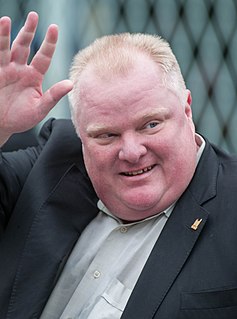A Quote by Richard J. Roberts
The way health care is funded in the U.S. is not sustainable. People are being kept alive who are probably better off dead. The cost of health care is too high, and you don't get much for it - it's twice as high in the U.S. as elsewhere, and it's because of the middlemen.
Related Quotes
We are unique among advanced countries that we don't have universal health care. My hope was that I was able to get a hundred percent of people health care while I was president. We didn't quite achieve that, but we were able to get 20 million people health care who didn't have it before. And obviously some of the progress we made is now imperiled because there's still a significant debate taking place in the United States. For those 20 million people, their lives have been better.
Including health care. We're going to end up with better health care at a lower price. People are going to pay less and they're going to have a lower deductible.You know, the biggest - the second biggest problem, other than premiums, with Obamacare is the deductibles. They're so high, nobody's going to get to use them.
In business, you don't necessarily need heart, whereas here, in government, almost everything affects people. So if you're talking about health care - you have health care in business but you're trying to just negotiate a good price on health care, et cetera, et cetera. You're providing health. Here, everything, pretty much everything you do in government, involves heart, whereas in business, most things don't involve heart. In fact, in business you're actually better off without it.
What Americans desperately need is a way to transition from the current system - which is fragmented and focuses on high-cost, high-tech interventions after illness strikes - to a modern system that delivers coordinated, high-touch, lower-cost, patient-centered care with an emphasis on primary care and prevention.




































